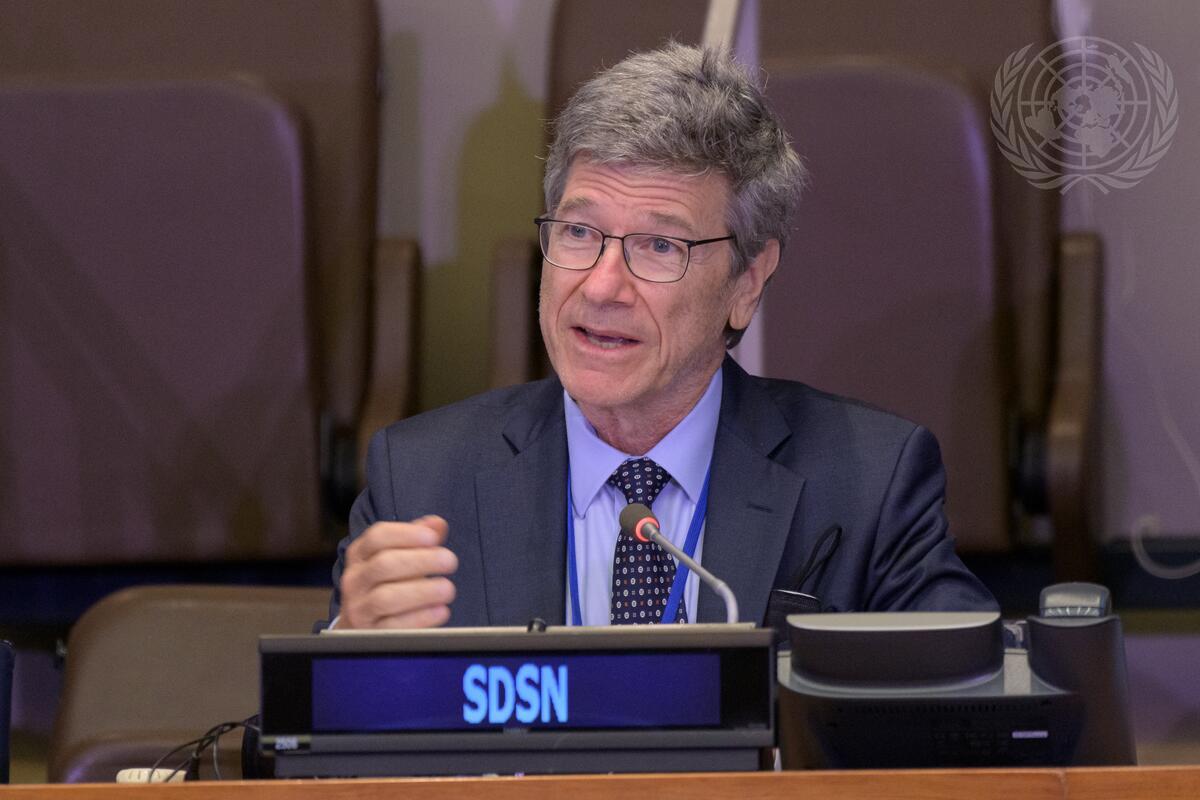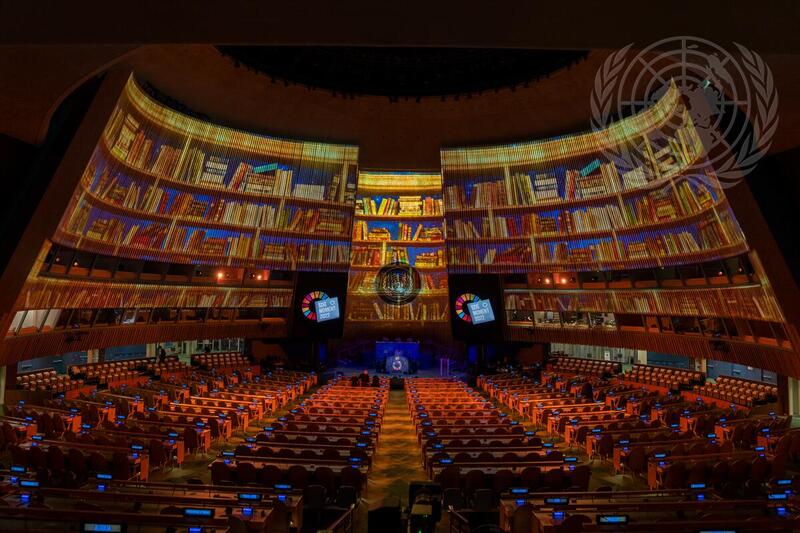Transforming Education:
The Transforming Education Summit, a key initiative of Our Common Agenda, elevated education to the top of the global political agenda to recover from losses during COVID-19 and be the great enabler for the entire 2030 Agenda for Sustainable Development. The need to elevate education needs to be a key policy message coming out of the HLPF, the 2023 SDG Summit and all inter-governmental processes leading up to the Summit of the Future in 2024. SDG 17 Partnerships will be critical for revitalizing national and global efforts to transform education. In 2020, SDSN launched the global initiative Mission 4.7 in partnership with UNESCO, the Ban Ki Moon Centre for Global Citizens, and the Centre for Sustainable Development at Columbia University. Mission 4.7’s vision is a world in which the SDGs are achieved through lifelong learning using relevant educational content, educational programs and professional training to advance sustainable development. On solutions day during TES SDSN organized a session on “Transforming ESD -Implementing the UNESCO Open Education Resource (OER) Recommendation with Multi-Stakeholder Partnerships,” co-organized by UN Academic Impact, UNESCO, and the Permanent Missions of Ireland and Ghana to the UN. (Image: SDSN President Jeffrey Sachs at the 2022 TES Summit)

Joint Committee
The SDG Academy of SDSN and UNESCO are co-chairing a Joint Partnership committee to support capacity building and policy development in the framework of the UNESCO Recommendation on OER 2019. This includes the establishment of an OER Overlay Repository that creates and hosts SDG OERs that are high-quality digital resources which link to a common SDG taxonomy, with open licenses easily repurposed and uploaded to any Learning Management System (LMS). Partnerships are fostered to transfer SDG OER across institutions globally that can be uploaded to LMSs in Governments, Corporations, NGOS and the Education Sector and used to create the skills of the future that we will all need. Finally, partnerships that link SDG OER to Science Policy Practice Interfaces in Parliamentary Libraries, including the UN Library, are principal to the success of the committee. The joint committee will work to develop, implement, and maintain the OERR. The committee is a joint effort between SDSN and UNESCO. The OER joint committee will develop an Open Educational Resource Repository (OERR) in the form of an overlay journal. Overlay journals curate the top quality content in a field and publish it in one open access space. While overlay journals are not a new concept, this journal will be cross-disciplinary and based on the OER recommendation from the UN. Most overlay journals that exist are discipline specific. This overlay journal will bring the highest quality resources related to the SDGs across disciplines to one, easily accessible place. The journal will be searchable and will allow educators and researchers to find the information that they need related to each SDG. Those who are published in the overlay journal will receive a DOI (digital object identifier) for their work and will be able to track analytics such as how many people cite their work. The overlay journal will follow the FAIR guiding principles of Findable, Accessible, Interoperable and Reusable.
